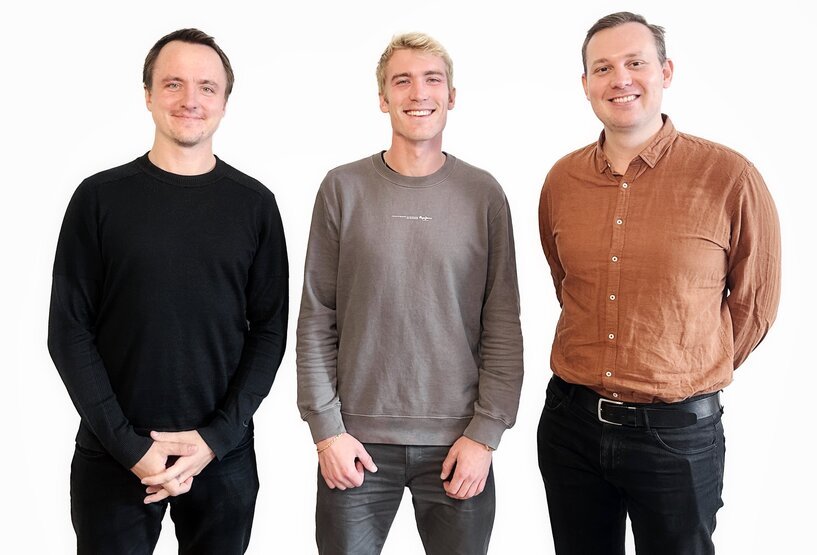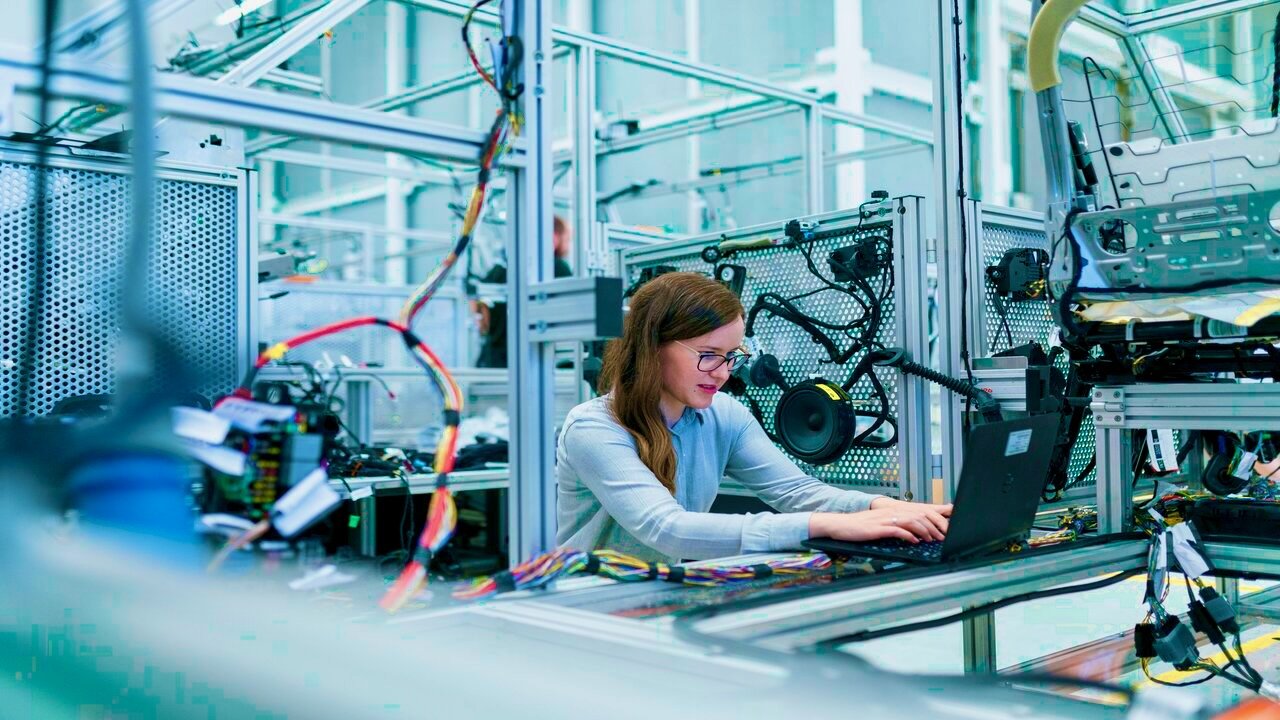Today Trace.Space, makers of AI-enabled software for industrial and automotive product engineers and manufacturers, announced a $1.5 million pre-seed funding.
All this is within a year of the company founding without even having an MVP — yes, you read that right!
What's more, this is, to date, the largest ideation stage investment raised by Baltic founders.

It's all thanks to two things:
- The quality of the founders. Mikus Krams and Janis Vavere started the company — alumni of Lativian *soonicorn" Lokalise — and CTO Karlis Broders.
- A goal to develop industrial software that addresses pervasive industry painpoints.
The Latvian company creates AI-powered tools specifically for industrial and automotive product manufacturing to manage 80 percent of the product development lifecycle, helping them build and deliver new products to the market faster.
A solution for a real-world problem
The genesis of Trace.Space comes from the team members' experience in previous roles that included building and selling software for complex hardware delivery.
They saw engineers' frustration building modern-day software-enabled hardware products with outdated tools, which made it impossible to build these products at the pace of technological progress.
We're in a world filled with modern productivity tools like Slack, Miro, and Figma. But engineering projects still mainly run on outdated enterprise software with outdated UX, monolithic architecture, and hefty annual licence fees.
According to Janis Vavere, Trace.Space Co-Founder & CEO:
"The tools used by engineering teams for requirements management are outdated, inconvenient, and cumbersome. It's a billion-dollar market that traditionally neglected because it's invisible and unsexy, while software for later steps of product development has already advanced."
Trace.Space uses the most recent technologies to help engineering project management catch up with the modern rate of innovation.
The first product iteration is scheduled for launch in Q2 of 2023. The first functionality to be made available to users will be requirements management for engineering teams — the process of collecting, documenting, and validating requirements for the product being built.
In many industries, this is mission-critical and requires special tooling, whereas this tooling often requires special training.
Trace.Space software integrates with tech such as the GPT algorithm. This will help engineering teams document and revise requirements 10x faster, simplifying the burdening task and improving their engagement in requirements authoring.
As a result, consumers can expect higher-quality products with shorter time-to-market.
Additionally, the software architecture is developed for a non-linear product development process. Combined with the help of AI algorithms, this allows users to generate an unlimited number of product variations. An always-available plan B minimises the impacts of supply chain disruptions on manufacturing, and products will be delivered continuously and on time.
Trace.Space will start with modernising the basics, requirements management, and eventually, plans to do the same with further steps of product development.
Lead image: ThisisEngineering RAEng



Would you like to write the first comment?
Login to post comments